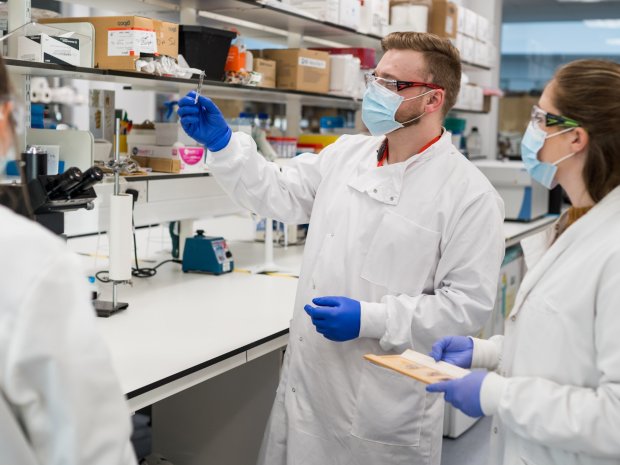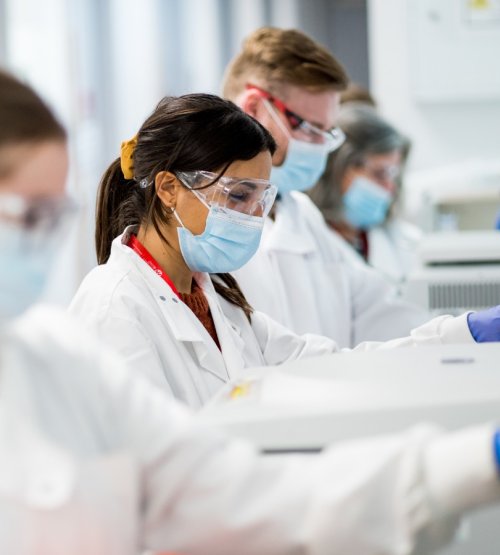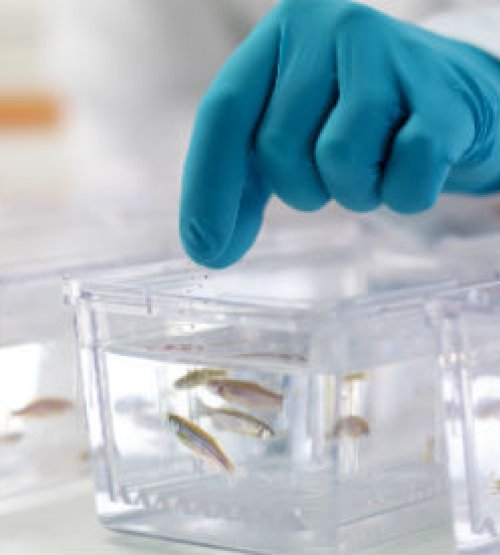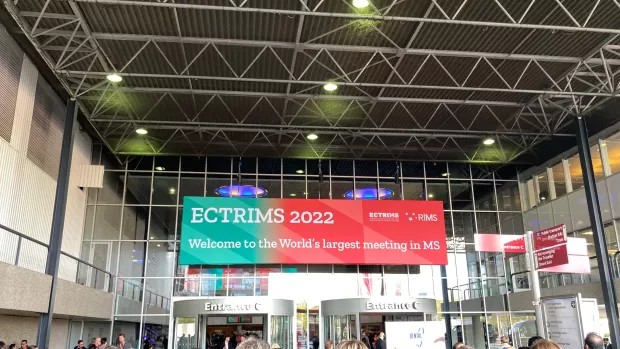
MS research round up of 2022
MS research happens all year round. Explore a few of the hot topics from 2022.
Epstein Barr Virus (EBV) and MS
In January, a new EBV study from Harvard University provided the strongest evidence to date there may be a causal link between the Epstein Barr Virus (EBV) and MS. It raises the possibility of MS prevention. If EBV is a trigger, then can preventing EBV prevent MS?
While a lot more research is needed, it’s exciting to see this crucial topic gaining momentum. In October we announced we’re funding a new EBV project investigating where EBV is hiding in the body. By understanding more about the possible link between EBV and MS, we could start to develop new ways to treat or prevent MS.
Some studies suggest EBV infection may actually play a role in causing someone to develop MS. But proving a causal relationship is very difficult.

MS and other immune system conditions
In all autoimmune conditions like MS, rheumatoid arthritis, diabetes or lupus, the immune system attacks healthy cells. Up to a third of people living with an autoimmune condition live with more than one. So, researchers want to know what these conditions have in common.
In May, we announced ten new projects as part of The Connect Immune Research initiative in partnership with other charities for autoimmune conditions. Uncovering what's happening in the immune system in these conditions could help us develop new treatments.
Read about one of the projects we’re supporting, all about gut brain interactions
We’re thrilled by the wide range of research projects receiving funding. They'll help us gain a better understanding of autoimmune diseases with the ultimate aim of finding new treatments.

Myelin repair
We need to find ways to repair myelin, the protective coating around nerves, in order to stop MS progressing. Researchers in the lab have been looking for new potential treatments, and some are already in clinical trials.
In February, scientists at the University of Edinburgh discovered more about the brain cells that repair myelin. They used zebrafish to show the cells behave differently in MS. In April, our new myelin repair trial recruited Annabelle, its first participant! This trial will investigate whether two drugs in combination can safely repair myelin for people with MS.
This year we have learnt more about how humans repair their myelin by studying the zebrafish!

Big data
This year we saw scientists use “big data” to solve research questions. Big data means there is lots of it, or it’s varied or complex. So it's difficult to process. But researchers can use it to turn lots of information into a clear answer.
In June, Professor Anna Williams told us at the StopMS Annual Lecture how her lab team use big data. They use a new technique to get lots of information from every brain cell. They used it to discover there’s different types of myelin-making cells in every person.
2022 was also the ten year anniversary of the UK MS Register. It combines questionnaires, updates and clinical health data from over 17,000 people living with MS. It’s really big data! In October, the team the team shared some of their latest findings at the world’s largest research conference on MS.
We’re grateful to the people with MS for their continuous support and loyal participation in collecting the data.

What’s next?
In 2023, we’ve committed to raise £2 million for new research in our annual grant round. This includes projects on EBV, and pregnancy and MS. Look out for details on our website in the New Year!



